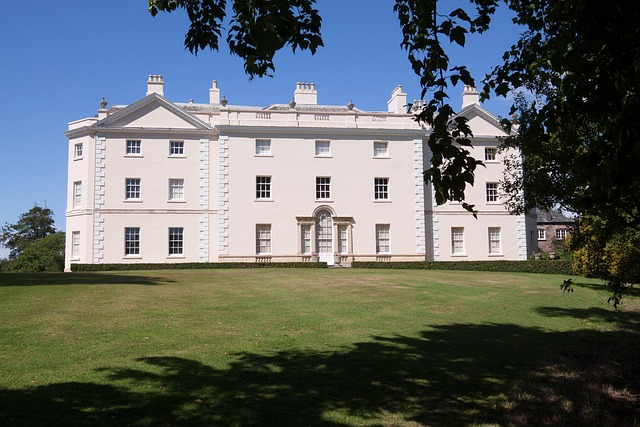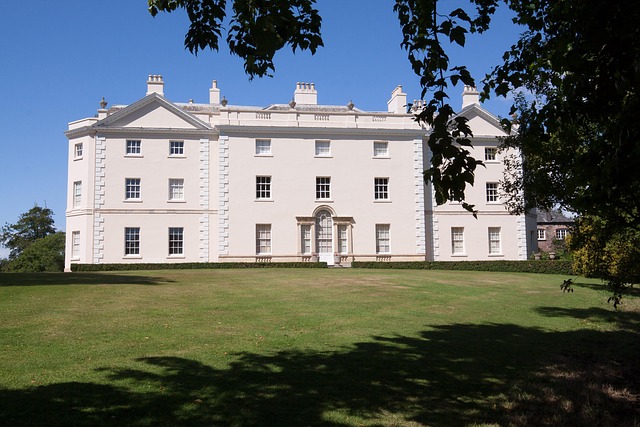When dealing with tribal communities in real estate, cultural sensitivity is crucial. Building trust through open dialogue, community leader involvement, and transparency aligns development projects with indigenous needs and traditions. Ethical practices, respect for land rights and cultural heritage, informed consent, fair compensation, and environmental stewardship ensure sustainable growth and preserve unique ways of life while benefitting both tribal communities and the industry.
In today’s globalized world, real estate development must consider the intricate fabric of local communities, especially when working closely with tribal populations. This article delves into the significance of cultural sensitivity in real estate, highlighting strategies for building trust and ethical practices that ensure sustainable community growth. By engaging with tribal leaders and understanding their unique needs, developers can foster harmonious relationships, ensuring projects respect and preserve indigenous cultures.
Understanding Cultural Sensitivity in Real Estate

In the realm of real estate, understanding cultural sensitivity is paramount, especially when dealing with tribal communities. These communities often possess unique traditions, land relationships, and customs that significantly influence their housing preferences and needs. Developers and agents must navigate this landscape with care to foster trust and ensure equitable practices.
By recognizing and respecting indigenous knowledge systems and decision-making processes, real estate professionals can avoid potential pitfalls of cultural insensitivity. Engaging in open dialogue, seeking guidance from community leaders, and promoting transparency are essential steps towards building sustainable relationships. This approach not only benefits the tribal communities but also enriches the real estate industry by fostering a more inclusive and harmonious environment for all stakeholders.
Building Trust: Engaging with Tribal Leaders

Building trust is a cornerstone when engaging with tribal communities in the real estate sector. It requires open communication, active listening, and a genuine interest in understanding their unique cultural perspectives and land rights. Inviting tribal leaders to participate in decision-making processes demonstrates respect and fosters strong relationships.
This collaborative approach allows for a deeper understanding of the community’s needs and aspirations, ensuring that any development projects align with their values and traditions. By prioritizing trust-building, real estate professionals can navigate complex cultural landscapes, promote inclusive growth, and create sustainable solutions that benefit both the developers and the tribal communities.
Ethical Practices for Sustainable Community Growth

In the context of close ties with tribal communities, ethical practices in real estate play a pivotal role in fostering sustainable community growth. When engaging with indigenous populations, it’s crucial to respect their land rights, cultural heritage, and traditional knowledge. This involves transparent communication, obtaining informed consent, and ensuring fair compensation for any land acquisitions or developments.
Real estate developers must prioritize environmental stewardship by minimizing ecological footprints and promoting eco-friendly practices. Collaborating with local community leaders and incorporating indigenous perspectives into project planning can lead to more harmonious co-existence. By embracing these ethical guidelines, the real estate sector can contribute to the long-term prosperity of tribal communities while respecting their unique way of life.






